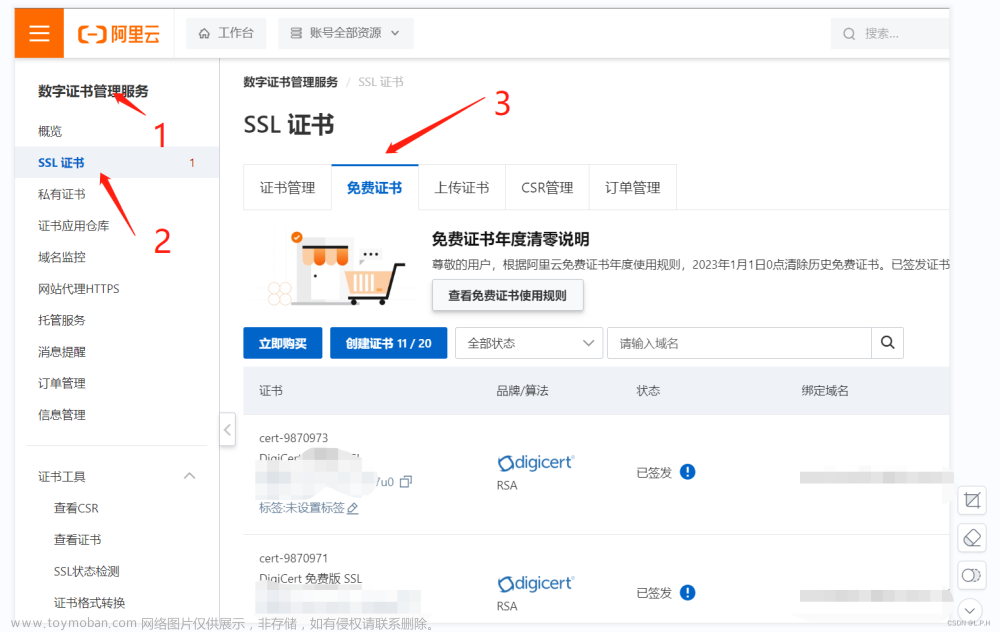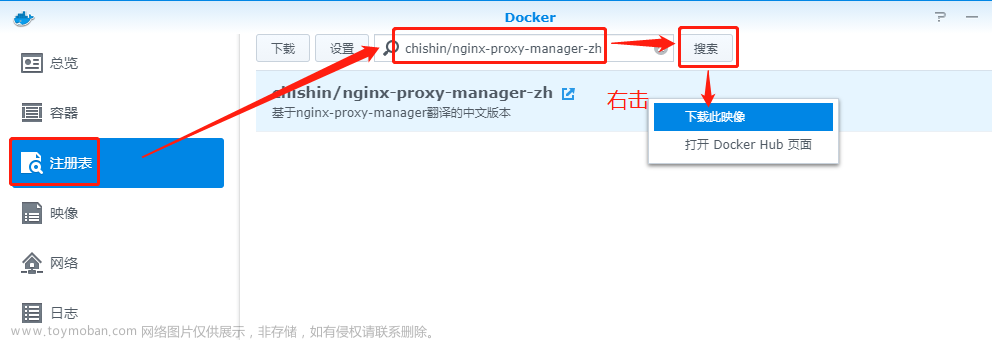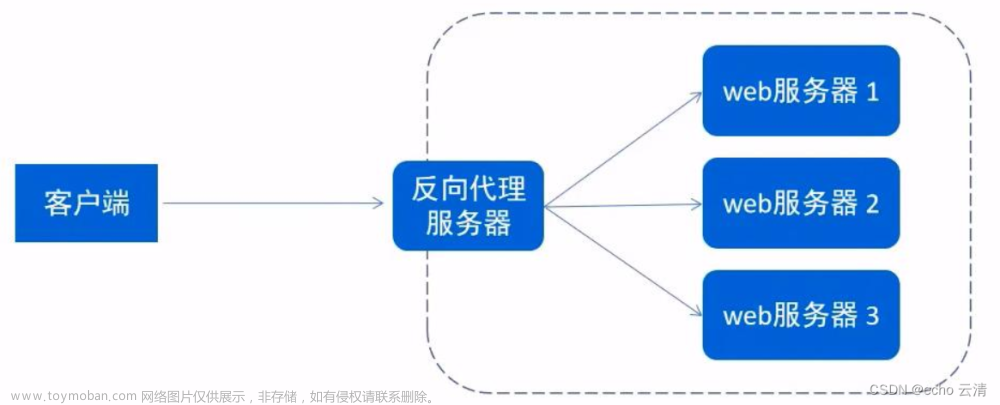个人博客:https://xzajyjs.cn
前言
之前自己写的flask使用gunicorn上线生产环境没有什么问题,但是最近搭建了一个现成的flask项目,当使用python直接运行时不会有问题,而使用gunicorn时则会出现一些问题。
部署过程
运行测试
这里使用pyenv创建了一个虚拟环境,并安装好依赖
pyenv virtualenv 3.9.6 freegpt
pyenv activate freegpt
pip install -r requirements.txt
下面是入口函数run.py:
from server.app import app
from server.website import Website
from server.backend import Backend_Api
from json import load
if __name__ == '__main__':
# Load configuration from config.json
config = load(open('config.json', 'r'))
site_config = config['site_config']
# Set up the website routes
site = Website(app)
for route in site.routes:
app.add_url_rule(
route,
view_func=site.routes[route]['function'],
methods=site.routes[route]['methods'],
)
# Set up the backend API routes
backend_api = Backend_Api(app, config)
for route in backend_api.routes:
app.add_url_rule(
route,
view_func=backend_api.routes[route]['function'],
methods=backend_api.routes[route]['methods'],
)
# Run the Flask server
print(f"Running on port {site_config['port']}")
app.run(**site_config)
print(f"Closing port {site_config['port']}")
其中site_config.json文件如下:
{
"site_config": {
"host": "127.0.0.1",
"port": 1234,
"debug": false
},
"use_auto_proxy": false
}
意思是,运行flask服务于127.0.0.1:1234,只运行本地访问,后期我们需要搭建Nginx进行反向代理。
我们先使用python直接运行测试一下看能否跑起来以及能否正常访问。
python run.py

我们在服务器使用curl进行请求
curl 127.0.0.1:1234

数据返回正常,说明可以正常访问。
gunicorn搭建
Gunicorn是一个WSGI HTTP Server,是针对Python的、在Unix系统上运行的、用来解析HTTP请求的网关服务。
它的特点是:能和大多数的Python web框架兼容;使用简单;轻量级的资源消耗;高性能。
首先在当前虚拟环境下安装gunicorn
pip install gunicorn
然后我们使用gunicorn将flask项目跑起来,并且仅对本机开放,端口4444
gunicorn run:app -b 127.0.0.1:4444 --access-logfile access.log --error-logfile error.log &
使用ps命令可以看到当前已经成功在后台运行起来了
ps aux | grep gunicorn

踩坑
但是此时当我们再次使用curl访问127.0.0.1:4444时:

出现了404的错误。
我们查看gunicorn生成的日志文件:
# access.log
127.0.0.1 - - [13/Jul/2023:12:51:11 -0400] "GET / HTTP/1.1" 404 207 "-" "curl/7.76.1"
可以看到成功的请求到了我们的wsgi server,但是返回了404。在外网论坛上摸索了一番,问题出在了run.py上。
run.py文件中的所有代码都是写在if __name__ == "__main__":之下的,这在python语法中代表着主函数入口。
- 当使用Python直接运行脚本时(例如:
python run.py),if __name__ == '__main__'条件下的代码块会被执行,包括app.run()。这将启动Flask服务器,并让应用程序开始监听指定的主机和端口。 - 当使用
Gunicorn运行应用程序时(例如:gunicorn --bind 127.0.0.1:4444 run:app),if __name__ == '__main__'条件下的代码块不会被执行。因为Gunicorn实际上是将你的代码作为一个模块导入,而不是直接运行该代码。在这种情况下,Gunicorn会在内部处理Flask服务器的启动逻辑,并监听指定的主机和端口。也就因此自己在app.run(**kwargs)中设定的host、port、debug等参数也就失效了。
因此,无论是使用Python直接运行还是使用Gunicorn运行应用程序,app.run()只会在Python直接运行脚本时执行。而在使用Gunicorn运行时,if __name__ == '__main__'条件下的代码块将被跳过,包括app.run()。这是因为Gunicorn已经处理了服务器的启动逻辑。
因此,if __name__ == '__main__'条件的目的是为了确保在直接运行脚本时才执行特定的代码块,而在被导入为模块时跳过这些代码块。这样可以确保在使用Gunicorn启动应用程序时不会重复启动Flask服务器,并避免出现意外行为。
解决方案
既然已经知道了错误的逻辑,那么解决方法就很简单了,只要把除了app.run()的其他代码全部移出if __name__ == "__main__"即可。修改后的run.py如下:
from server.app import app
from server.website import Website
from server.backend import Backend_Api
from json import load
# Load configuration from config.json
config = load(open('config.json', 'r'))
site_config = config['site_config']
# Set up the website routes
site = Website(app)
for route in site.routes:
app.add_url_rule(
route,
view_func=site.routes[route]['function'],
methods=site.routes[route]['methods'],
)
# Set up the backend API routes
backend_api = Backend_Api(app, config)
for route in backend_api.routes:
app.add_url_rule(
route,
view_func=backend_api.routes[route]['function'],
methods=backend_api.routes[route]['methods'],
)
if __name__ == '__main__':
# Run the Flask server
print(f"Running on port {site_config['port']}")
app.run(**site_config)
print(f"Closing port {site_config['port']}")
这样就可以保证python和gunicorn方式均可正常运行。
先kill掉之前正在运行的gunicorn,并重新启动
kill -9 1275864 1275865
gunicorn run:app -b 127.0.0.1:4444 --access-logfile access.log --error-logfile error.log &
可以看到现在请求127.0.0.1:4444已经正确响应了

Nginx反向代理
目前搭建的服务只能服务器自己访问到,下面我们通过nginx反向代理将其映射到对外的80端口
安装配置nginx就不多说了,下面讲讲配置文件的写法。其实很简单
vim /etc/nginx/nginx.conf
# nginx.conf
...
server {
listen 80;
server_name xxxxxxxx; # 此处填绑定的域名
location / {
proxy_pass http://localhost:4444;
proxy_set_header Host $host:$server_port;
proxy_set_header X-Real-IP $remote_addr;
}
}
...
然后运行nginx即可
nginx -t
nginx
此时使用本机访问域名的80端口已可以正常访问了。文章来源:https://www.toymoban.com/news/detail-571417.html
 文章来源地址https://www.toymoban.com/news/detail-571417.html
文章来源地址https://www.toymoban.com/news/detail-571417.html
到了这里,关于Flask结合gunicorn和nginx反向代理的生产环境部署及踩坑记录的文章就介绍完了。如果您还想了解更多内容,请在右上角搜索TOY模板网以前的文章或继续浏览下面的相关文章,希望大家以后多多支持TOY模板网!













